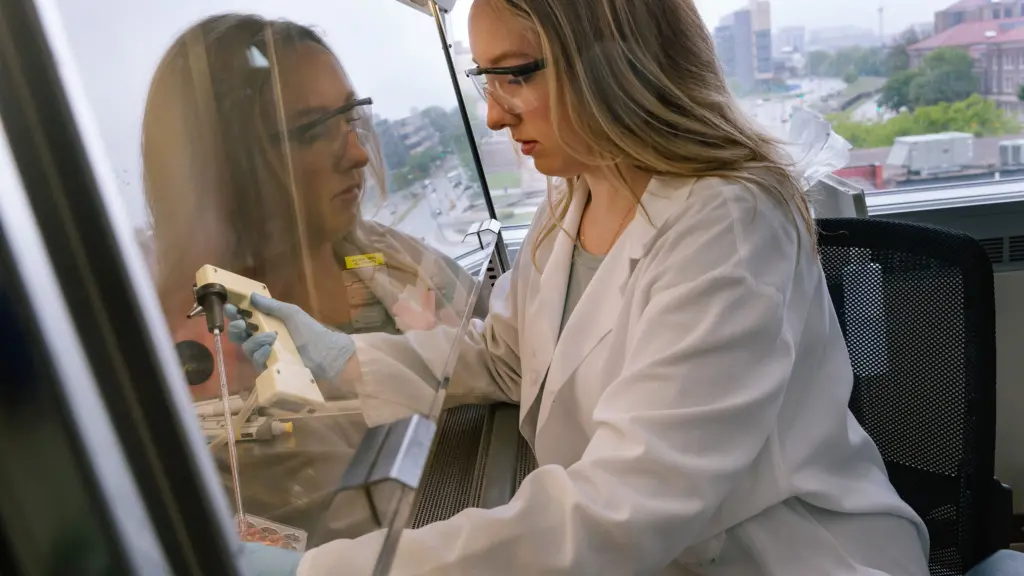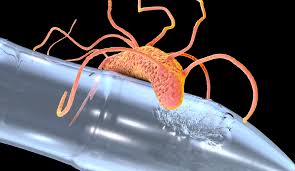Genetic Research Offers New Disease Clues
1. Introduction Unveiling the Genetic Landscape of Disease
Recent advancements in genetic research have provided unprecedented insights into the complex relationship between our genes and the risk of developing various diseases. These studies have illuminated how rare genetic variants, environmental exposures, and gene environment interactions contribute to disease susceptibility, offering new avenues for personalized medicine and preventive strategies.
2. The Role of Rare Genetic Variants
Traditionally, common genetic variants have been the focus of disease research. However, emerging studies have highlighted the significant impact of rare genetic variants on disease risk. For instance, a study published in Nature Communications found that ultra rare genetic variants contribute substantially to the heritability of coronary artery disease (CAD) in individuals of European ancestry. These variants, with a minor allele frequency of 0.1% or less, were shown to affect protein function and gene regulation, thereby influencing disease susceptibility .
3. AI Powered Prediction of Rare Variant Effects
The challenge of interpreting the effects of rare genetic variants has been addressed through the development of advanced computational tools. A team of researchers from the German Cancer Research Center and the European Molecular Biology Laboratory introduced "DeepRVAT," an artificial intelligence based algorithm that predicts the functional impact of rare genetic variants. Trained on exome sequencing data from over 160,000 individuals, DeepRVAT has demonstrated superior accuracy in identifying disease associated variants compared to previous methods .
4. Gene Environment Interactions and Disease Risk
Beyond genetic predisposition, environmental factors play a crucial role in modulating disease risk. A comprehensive study utilizing data from the UK Biobank explored how environmental exposures such as air pollution, smoking, and diet interact with genetic variants to influence disease outcomes. The research identified several gene environment interactions, revealing that the effects of certain genetic variants on traits like white blood cell count and body mass index vary depending on environmental exposures .
5. Epigenetic Modifications and Disease Pathogenesis
Epigenetic modifications, which involve changes in gene expression without altering the underlying DNA sequence, have been implicated in disease development. A study published in Nature Genetics demonstrated that sequence variants in noncoding regions of the genome can influence DNA methylation patterns, leading to altered gene expression and increased disease risk. This finding underscores the importance of considering epigenetic factors in genetic research and disease prevention strategies .
6. Implications for Personalized Medicine
The integration of genetic and environmental data holds promise for the development of personalized medicine approaches. By identifying individuals at high genetic risk for specific diseases and understanding how environmental factors influence this risk, healthcare providers can tailor prevention and treatment strategies to the individual's unique genetic profile. This personalized approach aims to improve health outcomes and reduce the burden of disease.
7. Ethical Considerations and Data Privacy
As genetic research advances, ethical considerations regarding data privacy and the use of genetic information have become paramount. Ensuring that individuals' genetic data is protected and used responsibly is essential to maintaining public trust in genetic research. Additionally, addressing potential disparities in access to genetic testing and personalized healthcare is crucial to ensure equitable benefits from these advancements.
8. Conclusion A New Era in Disease Understanding
The convergence of genetic research, artificial intelligence, and environmental science is ushering in a new era of understanding disease risk. By unraveling the complex interplay between our genes and the environment, researchers are paving the way for more effective prevention, diagnosis, and treatment strategies. As these fields continue to evolve, the promise of personalized medicine becomes increasingly attainable, offering hope for improved health outcomes worldwide.
Science











